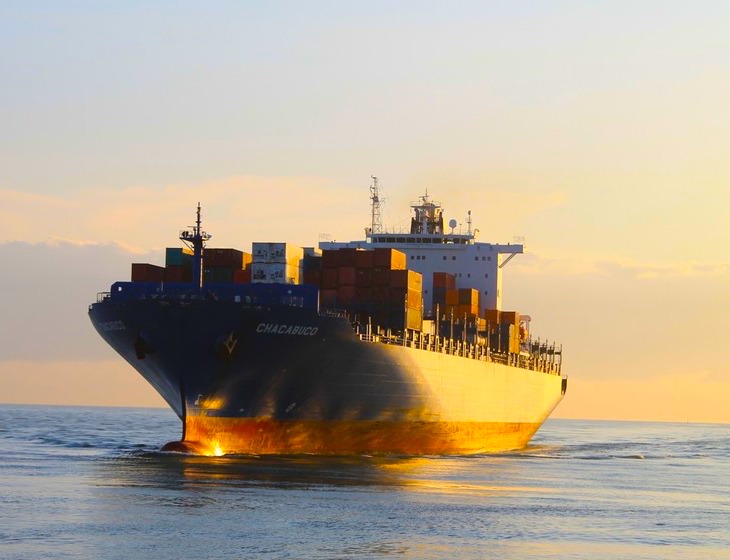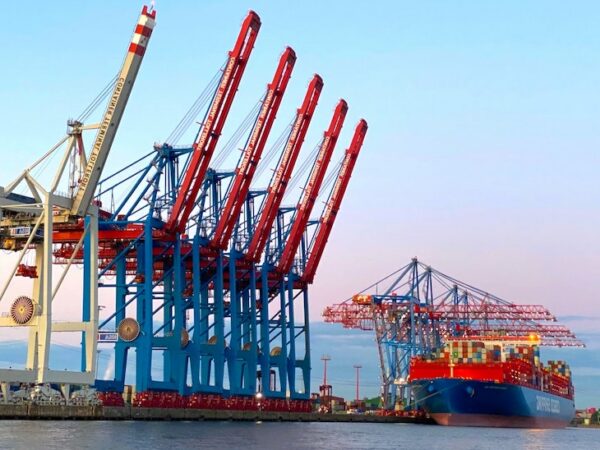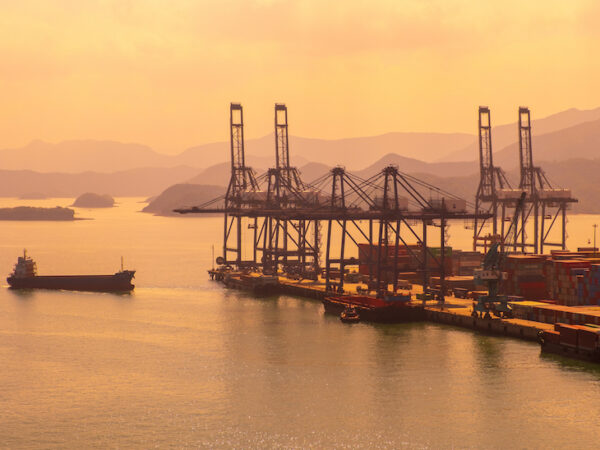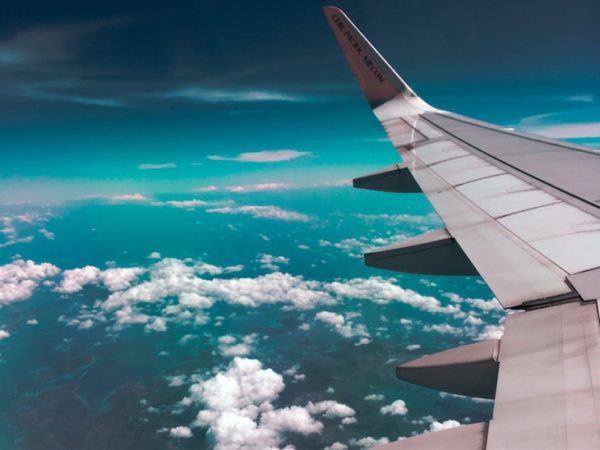
You’ve probably heard about the new IMO2020 regulations that came into effect on the 1st of January 2020. In this news post, we answer all your questions relating to the IMO2020 regulations and how they will affect you.
What is IMO2020?
IMO2020 is a change in regulations which forces all maritime vessels, including container shipping lines, to switch to lower sulphur, but higher cost fuels. The International Maritime Organisation (a branch of the UN) has stated that as of January 1st 2020, the IMO2020 regulations will require all vessels to emit less Sulphur particles. The global sulphur cap, mandates the use of fuel with a sulphur content of 0.5% instead of 3.5%.
Why are the IMO2020 regulations being enforced?
These regulations are coming into force in order to protect the environment and ensure the sustainable future of the container shipping industry.
Container ships use traditional types of fossil fuel to run their engines. After combustion, these types of fuel, known as ‘bunker fuels’, result in the emissions of Sulphur Oxides (SOx) into the atmosphere. The IMO state that SOx emissions are harmful to the environment. According to the IMO, limiting SOx emissions from ships will improve air quality in port cities and coastal areas, and protect the environment.
How can shipping lines comply with IMO2020?
Shipping lines are responsible for ensuring their ships are compliant. There are three basic ways that ships can comply. By 2020 all ships must do one of the following:
- Use a more expensive fuel with a sulphur content of 0.5%. The change will create high demand for low sulphur fuel, and as the marine sector accounts for about half of the global fuel oil consumption, this drastic shift will initially challenge supply.
- Continue to burn high sulphur fuel and run the emissions through an exhaust gas cleaning system, known as a scrubber. Scrubbers can be retrofitted on existing ships but require a high upfront cost.
- Use an alternative fuel like LNG, methanol or LPG which is only feasible for newly ordered vessels with the right spec to use these fuels.
Who will control the implementation of IMO2020?
The Port State Control of the respective state will be responsible for enforcement. If the ship is found to be non compliant, depending on the jurisdiction, the penalties are high fines and the possibility of a vessel being deemed ‘unseaworthy’ losing its insurance coverage.
Who will control the implementation of IMO2020?
The Port State Control of the respective state is responsible. They will check logbooks, use sniffer devices and sniffer drones. If the ship is found to be non compliant, depending on the jurisdiction, the penalties are high fines, ship arrest or even imprisonment of the captain.
What will be the impact on freight rates?
Costs have increased as shipping lines switch to the lower sulphur, but higher cost, fuels or invest in scrubbers or new vessels that use alternative fuels. The significant increase in operating costs will lead to an increase in freight costs worldwide.
We have already seen in 2019 an increase in costs with all shipping lines including a price adjustment known as Bunker Adjustment Factor (BAF) which is designed to limit the exposure of the fuel cost escalation. In an effort to facilitate transparent monitoring, shipping lines have been separating the bunker (fuel) element of the freight rate from the freight cost.
When and how will the extra costs for IMO 2020 compliance be charged?
The BAF mechanism that was in place in 2019 has been rolled over into 2020 – the difference being that the barometer is the cost of Very Low Sulphur Fuel Oil (VLSFO) instead of the IFO380 (Heavy Fuel Oil). The cost for this grade of fuel is significantly higher than the Heavy Fuel Oil. An added complication in Q1 2020 is that there has been a delay in shipping yards in retro-fitting scrubbers to vessels meaning the demand for the VLSFO has increased dramatically.
The cost variance as we enter 2020 is in the range of USD 200-250 per 40’ container and the mechanism in place will review the cost on a quarterly basis. In early March we will know the cost variance that will come into play in Quarter 2 2020.
Is there expected to be any impact on shipping operations?
The new regulations may create changes to shipping practices. Some analysts are suggesting that ‘slow-steaming’, where a ship reduces its speed to save fuel, may become more common, which may lengthen delivery times for businesses ordering goods from abroad.
What is the long term impact on the industry likely to be?
The IMO regulations will have a broad impact. IMO2020 compliance is expected to cost carriers an estimated $15 billion threatening to impact, not only the prices of bunker fuels, but also the cost of shipping goods around the world. Analysts predict that it is inevitable that some of the additional cost will be passed on to consumers.
The prospect of IMO 2020 has resulted in a high level of uncertainty about availability of petroleum products and prices.
Will IMO2020 impact the goods of PFE customers?
The changes will impact all of our customers. The IMO2020 regulations apply to all shipment of goods, regardless of the shipped volume.
At this time, we have no information about any planned changes to timetables. However delays may occur to schedules as a result of insufficient availability of fuels or slower steaming in order to recover the costs for the more expensive IMO 2020 compliant fuel.
How will PFE support customers with regards to IMO2020?
At PFE we are acutely aware of the need for cost certainty and will endeavour to keep you informed of any further industry announcements as and when information becomes available.
Over the coming year, we understand that you will require information that will enable you to react appropriately to possible disruptions in your supply chain. The PFE team will keep you informed of any changes to operations that may impact your shipment.
If you have any questions please don’t hesitate to contact [email protected].





